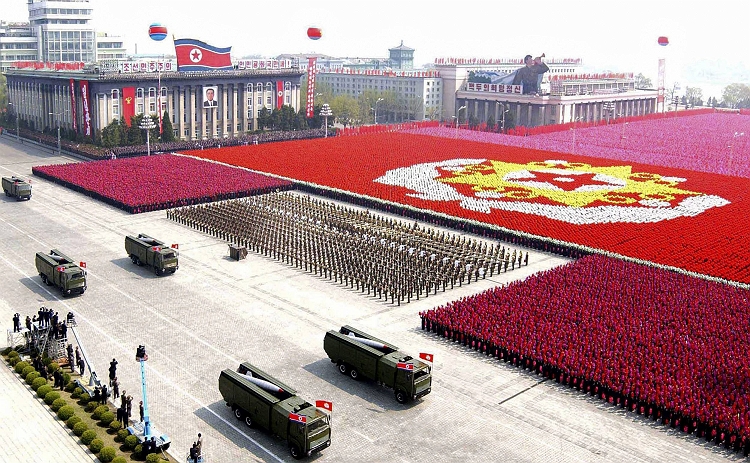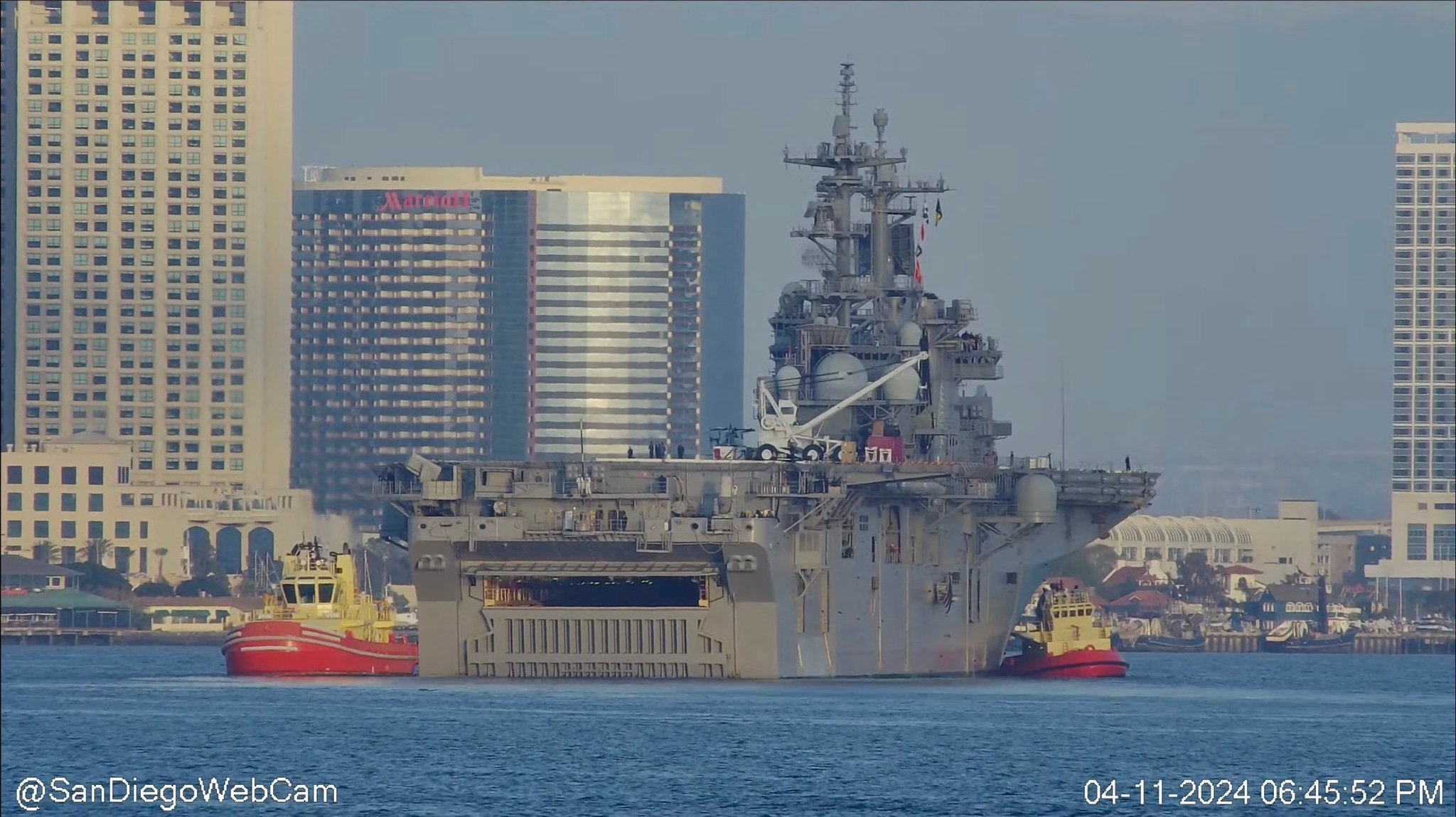
Maintaining international pressure on Pyongyang is crucial in moving North Korea to improve its behavior and to better human rights conditions inside its borders, diplomats from the United States, the Republic of Korea and Japan said at a Heritage Foundation forum Wednesday.
Speaking at the Washington, D.C., event, Ahn Ho-young, South Korea’s ambassador to the United States, said, “Much of the leverage is held by China” in addition to the three allies and Russia. Although distancing itself in recent years from North Korea to a degree, China remains one of its few diplomatic contacts with the outside world and its largest trading partner.
North Korea’s sinking of Cheonan, a South Korean navy corvette, in March 2010, led Seoul to step up its sanctions program toward the North, putting even more economic pressure on Pyongyang. The steadily ratcheting up of economic sanctions began in 1990 when North Korea launched its nuclear weapons program.
“North Korea’s economy is 2.5 percent of South Korea’s,” Ahn said. In 1990, its economy was 8.5 percent of Seoul’s. “North Korea failed miserably in keeping the balance between guns and butter. . . . Even the North Koreans realize that. It will only get worse.”
Kenchiro Sasae, Japan’s ambassador to the United States, said his country “has been taking the initiative” in focusing international attention on North Korea’s abduction of Japanese citizens and its harsh treatment of its own citizens.
The U.N. Commission of Inquiry on human rights in North Korea “shocked the international conscience,” Ahn said, when it released its report on conditions there in February 2014. He added that only 17 of the 108 non-aligned nations in the United Nations supported Pyongyang by not approving the report’s recommendations for inspections, further isolating the regime diplomatically. U.N. inspectors “need to be given access to North Korea” to understand how dire the situation is,” Sasae said. International concerns about the regime’s actions “are not only limited to nuclear and missile issues.”
“Thousands of North Koreans are fleeing the country,” including a number of high-ranking officials. Ahn cited Secretary of State John Kerry’s condemnation of North Korea’s “grotesque, grisly, horrendous public displays of executions” after its leader, Kim Jong-un, reportedly ordered the excution of his defense minister.
Sung Kim, the State Department’s point man on Korea and Japan, called the alliance with Seoul “robust in every aspect” leaving both nations prepared for any new provocations from the North.
“We should be calling it a 60-year young alliance,” Ahn said, because it has regularly been adjusted to meet changing conditions. Most recently, it has resolved issues of the timing of the transfer of command authority to the Republic of Korea and the continued stationing of U.S. forces on the peninsula.
On the deployment of Terminal High Altitude Area Defense (THAAD) missiles, a contentious issue in the republic, Ahn said, “There has been no request” from the United States to install the system. He added there is already a missile defense system in place. “What is the nature of the threat” from the North, he asked. “That will be a bigger question.”





